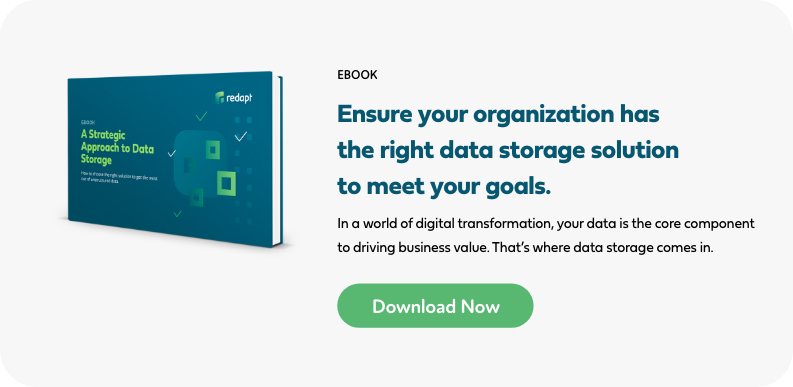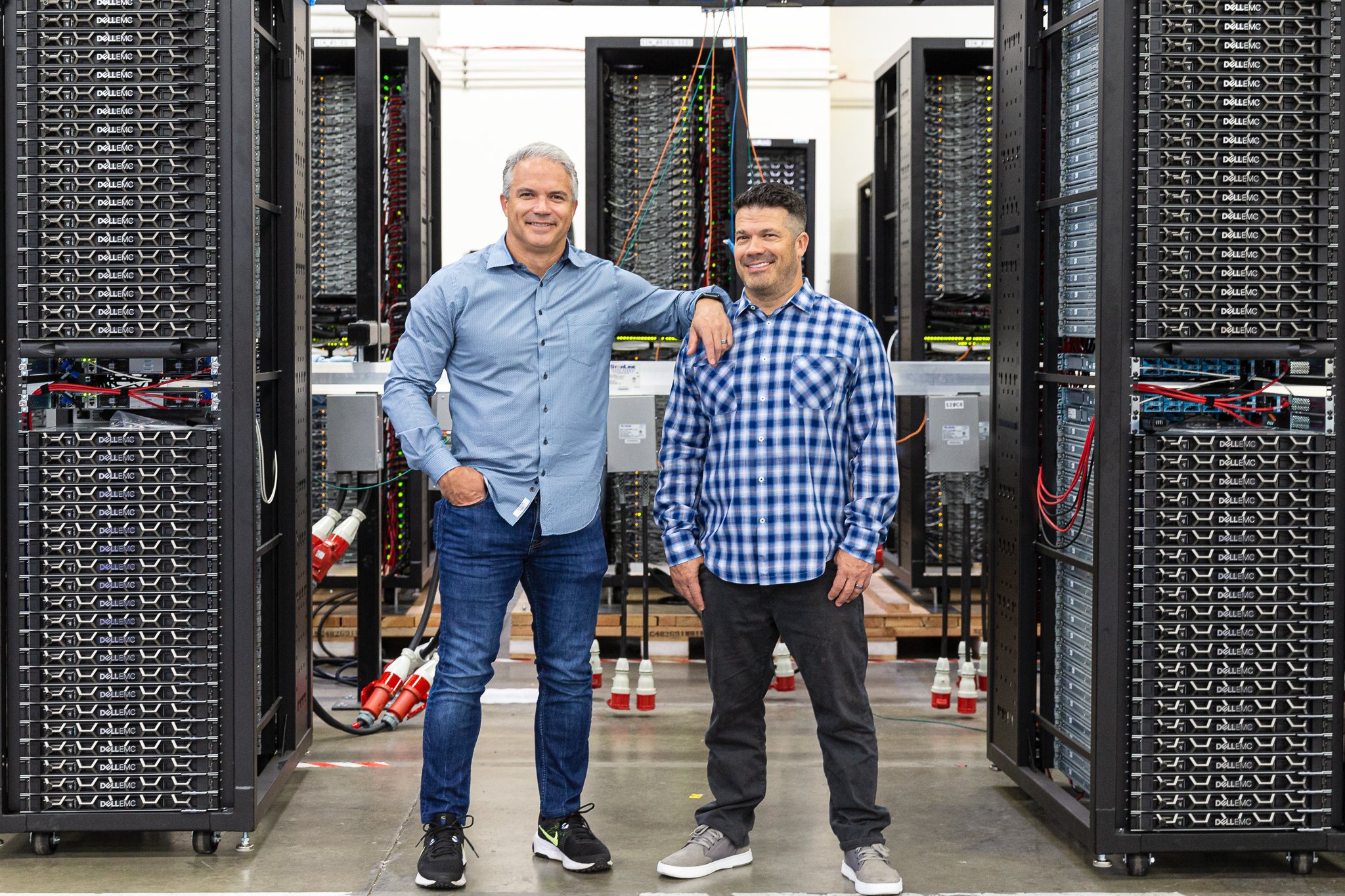Organizations are increasingly adopting a hybrid cloud approach when it comes to data storage and utilization.
A lot of this adoption is driven by a desire for greater flexibility—the freedom to work both on-premises for certain workloads and in the cloud when more powerful compute and increased scale is necessary.
For example, say a company has petabytes of photographs stored on-premises. To run an identification workload, where the goal is to pinpoint certain objects within those photographs, moving all that data to a cloud environment allows the organization to scale its resources for the specific project, then kill the workload once it’s been completed.
This is not only more efficient, it dramatically reduces overall costs—especially when compared to conducting the same workload on owned hardware on-premises.

Is hybrid cloud storage right for you? Here’s what to consider.
The hybrid cloud may not be for every organization. Not every company requires the sheer horsepower of the cloud, and others—especially startups—may have been “born in the cloud” from their outset. In these cases, there’s likely no real need to change infrastructure.
Then there are some organizations that, quite simply, are unprepared to make the migration.
If your organization is strictly VMware, for example, you’re likely not doing your own application development modernization. In this case, the first step would be to experiment and get comfortable with modern tools and disciplines—microservices, containers, Kubernetes, etc. You would also be wise to familiarize yourself with tools tailored for both cloud and on-premises environments, such as Google Anthos, OpenShift, and Rancher. On the other hand, if your organization has already dipped its toes in the above tools—whether that dipping was done strictly on premises or in the cloud—it might be a good candidate for expanding its toolkit into a hybrid environment. But only if you can answer one question: why?
On the other hand, if your organization has already dipped its toes in the above tools—whether that dipping was done strictly on premises or in the cloud—it might be a good candidate for expanding its toolkit into a hybrid environment. But only if you can answer one question: why?
In order for your investment in a hybridcloud solution to be successful, you need to consider just what you’re trying to achieve with a hybrid environment. You also need to assess whether you have the expertise and capabilities to make the transition and, once the infrastructure is in place, the skills on hand to maintain the environment.
At the end of the day, we believe that most organizations can benefit from hybrid cloud storage—if not now, then eventually. But whether that adoption will succeed, or is even necessary to begin with, will depend on your organization’s unique needs and knowing how to answer those needs.
Unlock key insights, reach more customers, and streamline your operations to reduce costs by having the right data storage solution in place. Learn more in our eBook A Guide to Managing and Scaling Your Unstructured Data in a Hybrid Cloud. Get your free copy now.














